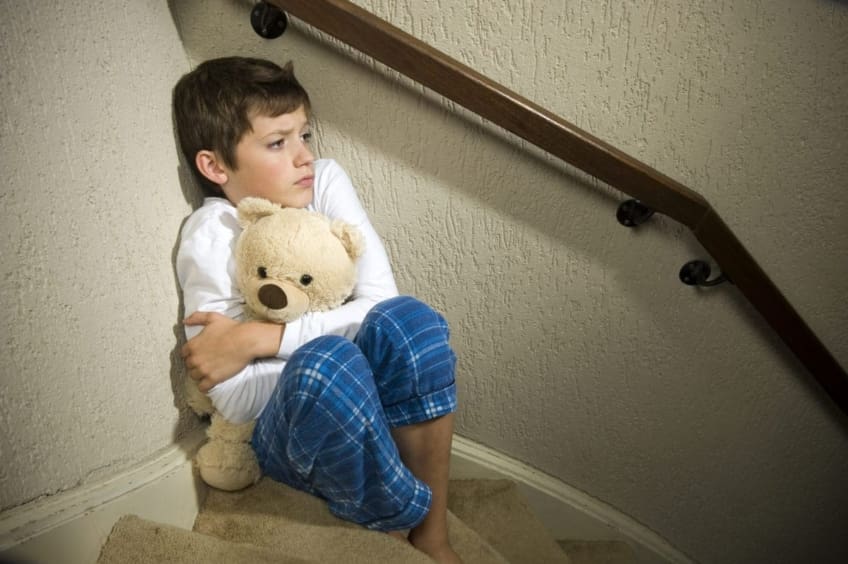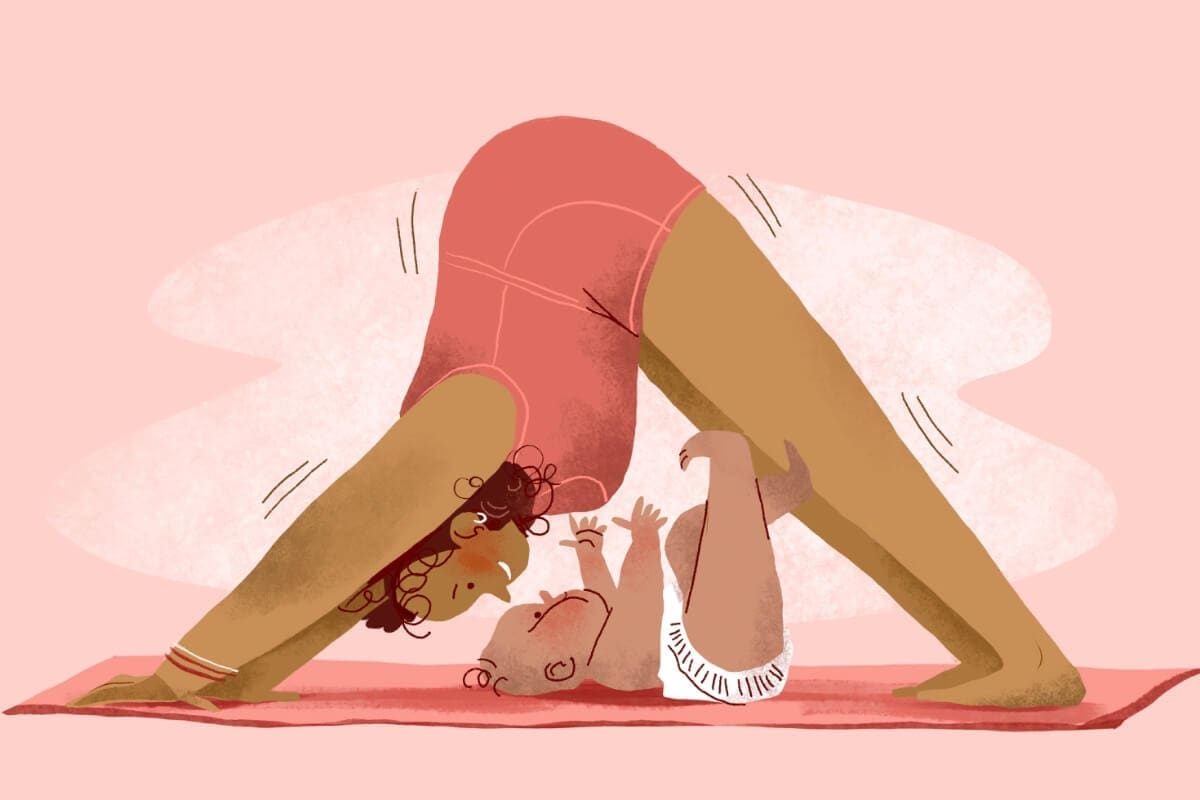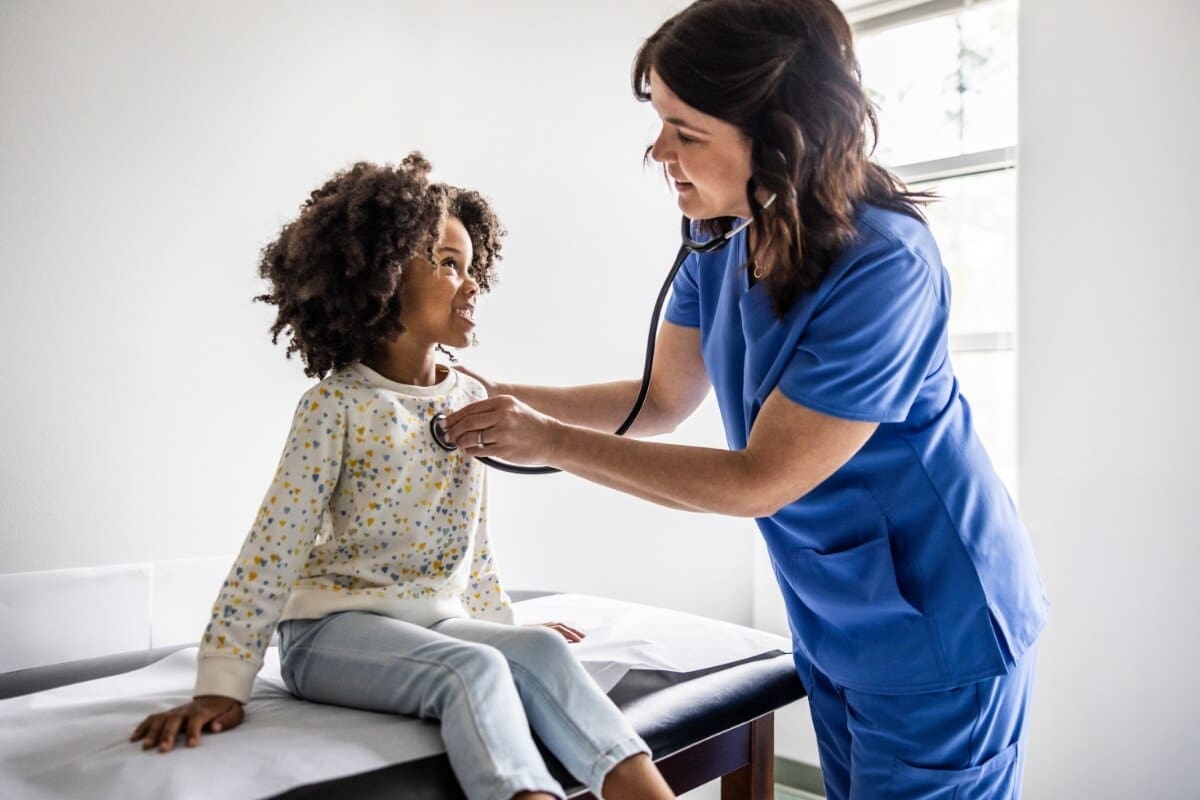
Any sexual activity with a child (by an adult or another child) is sexual abuse. It causes physical and emotional pain. It has long-term effects on the child. And it is a crime. Recognizing childhood sexual abuse isn’t easy. Children are often afraid and embarrassed to tell someone. Many times, the abuser is someone the child knows and trusts. This could be a family member or someone living in the child’s home. It also can be a stranger.
Path to improved health
You do not need to be overly suspicious of sexual abuse. The risk of childhood sexual abuse is low. A stable family home lowers a child’s risk of sexual abuse. However, parents should always keep a watchful eye on any form of childhood abuse. These physical and behavioral signs should raise concern:
- Your child tells you they have been touched inappropriately or sexually.
- Your child is behaving sexually inappropriately around others (this includes touching others inappropriately).
- Your child uses sexually inappropriate language.
- Your child’s knowledge of sex seems to be more than it should be at their age.
- Your child seems withdrawn and doesn’t want to be hugged by some or all of their family members, family friends, teacher, or a particular person.
- Your child is suffering from depression or anxiety.
- Your child has harmed themself.
- Your child is making comments about their low self-worth.
- Your (young) child has blood in their underwear.
- Your (young) child is complaining of pain in their genital area.
- Your child has injuries in their genital area, such as bruising, bleeding, or swelling. The injuries might cause your child pain when walking or sitting.
- Your child shows signs of infection in their urinary or genital area. This would include frequent burning, itching, or discharge.
- Your child becomes pregnant.
- Your child has new academic changes (falling grades, missing assignments, repeated absences).
- Your young child is regressing, such as wetting the bed or thumb sucking.
- Your child is acting overly concerned for a sibling.
- Your child has changes in hygiene, such as refusing to take a bath (in younger children). Older children may shower more (to cleanse themselves of what they perceive as shame and embarrassment).
- Your child is suddenly receiving gifts or money from a person in authority (a teacher, coach, etc.).
If you know your child has been sexually abused, report it to the police. Take your child to the doctor for an exam. Ask your child’s doctor for the name of a counselor or psychologist. Talk to your local police about tracking sex offenders in your neighborhood or city.
Things to consider
Certain situations put children at a higher risk of sexual abuse. Your child may also be at higher risk if they:
- Live in a home where the parents are divorced and/or living with stepparents
- Live in a home without either parent (in foster care)
- Live in a rural or low-income area
- Have been a victim of another type of abuse, such as physical or emotional
- Spend long periods of time alone with people in authority (teachers, clergymen, coaches, babysitters, etc.)
Girls and children with intellectual disabilities face a higher risk. Remember, childhood sexual abuse can occur between a male and female, as well as in same-sex situations.
Questions to ask your doctor
- What other things could explain injuries to my child’s genitals?
- How young can a girl become pregnant?
- What are the signs of sexually transmitted diseases or infections in boys and girls?
- What is the treatment for sexually transmitted disease?
- Can my child eventually overcome the emotional pain of childhood sexual abuse?
- What physical or behavioral signs should I look for if I suspect my child is the one sexually abusing a child?
- How do I raise a concern with my child about possible sexual abuse?
Resources
National Institutes of Health, MedlinePlus: Sexual Abuse in Children – What to Know
Rape, Abuse & Incest National Network: Child Sexual Abuse
The U.S. Department of Justice National Sex Offender Public Website: How to Identify
![]()
Copyright © American Academy of Family Physicians
This information provides a general overview and may not apply to everyone. Talk to your family doctor to find out if this information applies to you and to get more information on this subject.











